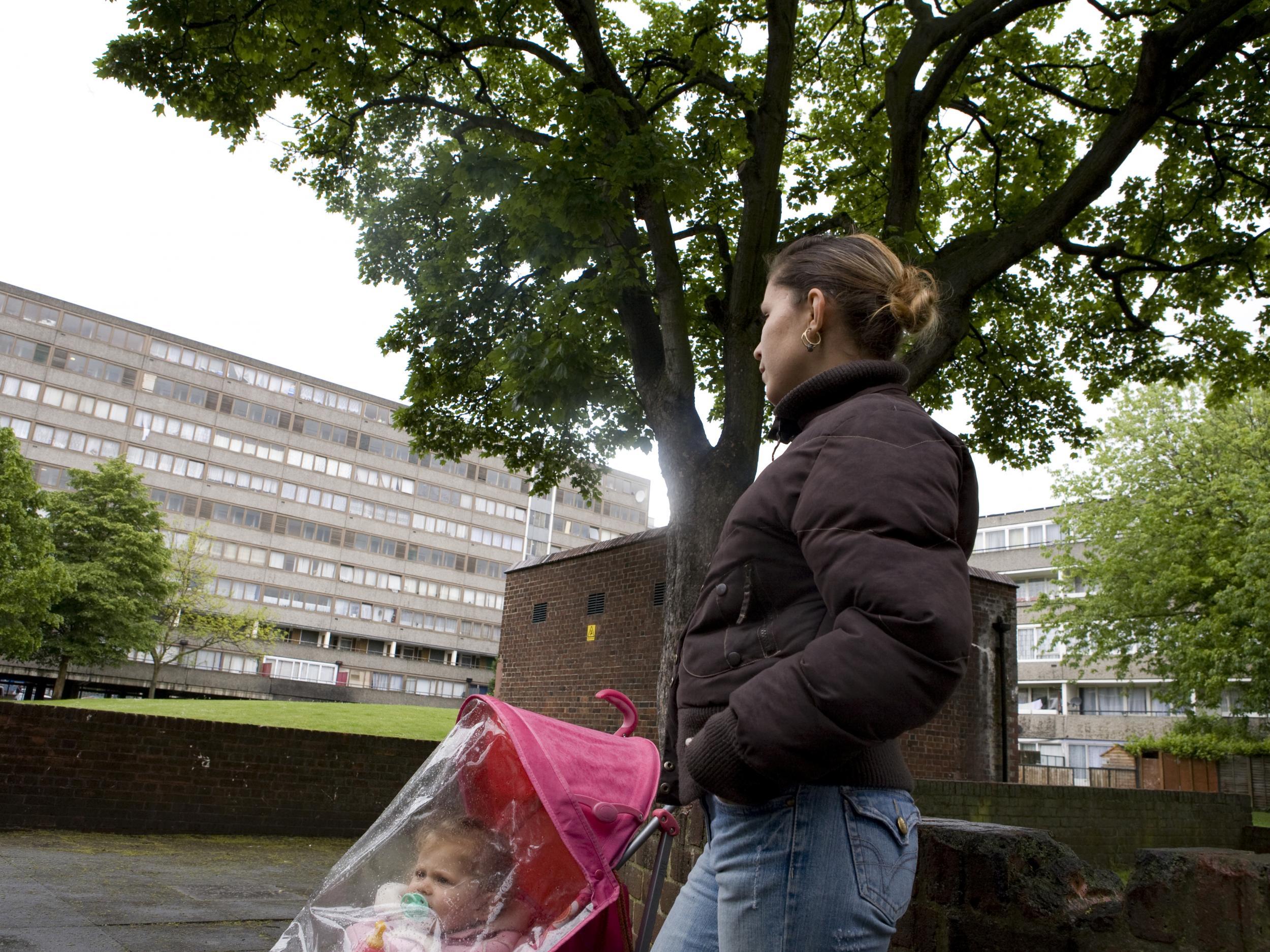Universal Credit poses 'significant risk' and will only make marginal savings, says spending watchdog
Office for Budget Responsibility says controversial policy will cut welfare spending by just 2 per cent

The Government’s flagship Universal Credit policy poses a “significant risk” to public finances and will see families lose out while barely reducing the welfare budget, the official spending watchdog has warned.
The Office for Budget Responsibility (OBR) said the controversial policy will save around £1bn by 2022 compared to the current system – just 2 per cent of the total welfare budget.
The savings could be reduced further if the Government decides to bow to calls to reverse some of the benefit cuts for unemployed people and people with disabilities, the OBR said.
The Resolution Foundation think tank has estimated that Universal Credit will leave a million families an average of £2,800 a year worse off by 2022.
The £60bn Universal Credit merges six existing benefits into one. The implementation of the policy has already been delayed seven times and it continues to be heavily criticised by campaigners and opposition MPs.
The Government insists it will simplify the existing system and save money in the long-term.
The OBR, however, said any savings will be marginal. Universal Credit will cost £62.2bn by 2022/23, compared to £63.2bn for the existing system, it said.
In a new report on the policy, the watchdog said: “A welfare reform of this scale and nature is also a huge forecasting challenge and a source of significant risk to the Treasury in terms of public spending control.
It added: "In several respects the monitoring and forecasting architecture for UC is less than ideal.
"Many elements are opaque, poorly integrated and take too long to produce robust results."
The OBR found that working families who currently receive tax credits will be the biggest losers from the changes.
Labour said the report should prompt the Government to reconsider Universal Credit.
Debbie Abrahams MP, the Shadow Work and Pensions Secretary, said: “This report reveals the chaos of the Government’s flagship Universal Credit programme and the devastating impact Tory cuts to social security are having on the lives of millions of people.
“In uncharacteristically strong language, this report reveals the complete disarray of the Tories’ Universal Credit programme, which represents a “significant risk” to public spending.
“Cuts to Universal Credit have undermined the original principles of making work pay and reducing poverty. Families, disabled people and the self-employed are bearing the brunt of these failings. The Tories must halt the roll out of Universal Credit and carry out urgent reform to fix these fundamental flaws.
David Finch, Senior Economic Analyst at the Resolution Foundation, said: “The report confirms that on average Universal Credit will be less generous than the system it replaces because of significant cuts to the new benefit. The government should revisit this given the living standards pressure on low and middle income households in the years ahead.
“The OBR notes that these cuts risk reducing the important employment gains Universal Credit aims to deliver. As Resolution Foundation research has previously shown, working families currently entitled to tax credits are likely to be the biggest losers from the move to a new system."
A Department for Work and Pensions spokesperson said: “Universal credit is about helping people improve their lives – and it’s working. People on universal credit are finding work faster than those on the old system, staying in it for longer, and keeping more of what they earn. And working parents can get up to 85% of their childcare costs back.
“Universal credit also supports people who are out of work and it encourages people to manage their money month-to-month, just like they would in work. In the long-term, it will help deliver a welfare system that is sustainable for those who use it and fair to taxpayers who fund it.”
Join our commenting forum
Join thought-provoking conversations, follow other Independent readers and see their replies
Comments